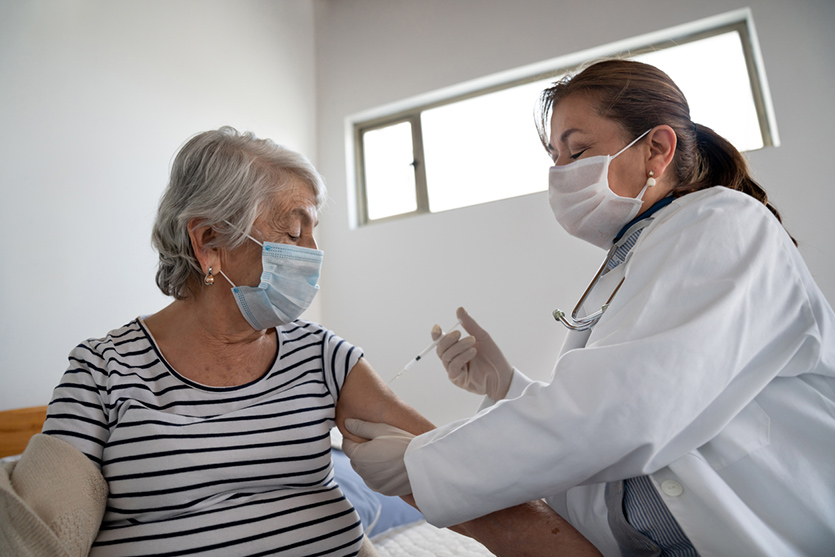Whole Person Care Model
Our whole person care model is unlike that of most medical systems. That’s because our members typically face more barriers to healthcare than most people. Our job is to eliminate as many of those as possible.
Our members face the daily threat of housing and food insecurity, challenges with substance use and behavioral health, and chronic, clinically complex health conditions.
Restoring our members’ health and well-being means addressing their social, psychosocial, and physical needs in a compassionate way that’s free of judgment while providing high-quality member care.
Surrounded by Care
Care in Our Centers
Core Team
• PCP
• 2 Nurse Care Managers (RN)
• Behavioral Healthcare Manager (LSW)
• 2 Care Team Coordinators (MA)
Care in Our Centers and Community
Integrated Services
• Utilization and Transitional Care Management
• Post-Acute Care
• Behavioral Health Management, Counseling, and Substance Use Treatment
• Pharmacy and Medication Therapy Management
• Same-Day and Immediate Care
• Advanced Primary Care Treatment – Infusions
• Diagnostic Radiology and Labs
• Infectious Disease Management
• Member Funds and SDoH Programs
• Member Relations and Member Advisory Council
Care in the Community
Community Team
• Community Health Workers
• New Member Enrollment Specialists
• Transitional Care Managers (RN)
• Community-Based Medical Providers (NP)
• Community Nurse Care Manager (RN)
• Community Behavioral Healthcare Manager (LSW)
• Transportation Driver
• Provider Relations and Quality Team
Care that Adapts
Health accompanies us wherever we go, no matter how we’re feeling. And illness—whether chronic or acute, brief, or lengthy—is never convenient. That’s why our care needs to go where it’s needed. Our whole person care model adapts to our members’ needs.

The AbsoluteCare PCP
Our members have a more personal—and personalized—experience. That’s because our six-member pod serves a small member panel, with fewer than 12 visits per provider, per day.
We take the time to hear each member’s story, learn what has happened to them, and earn each member’s trust. Same-day and walk-in appointments enhance that trust.
Each member is assigned a primary point of contact (Care Team Coordinator, Nurse, or Behavioral Healthcare Manager), who handles all member questions, triages their needs, and coordinates care. The primary point of contact advocates on behalf of the member and assists with medical, behavioral, and social issues. We can build and maintain trusting, therapeutic relationships through regular contact, even between visits.
